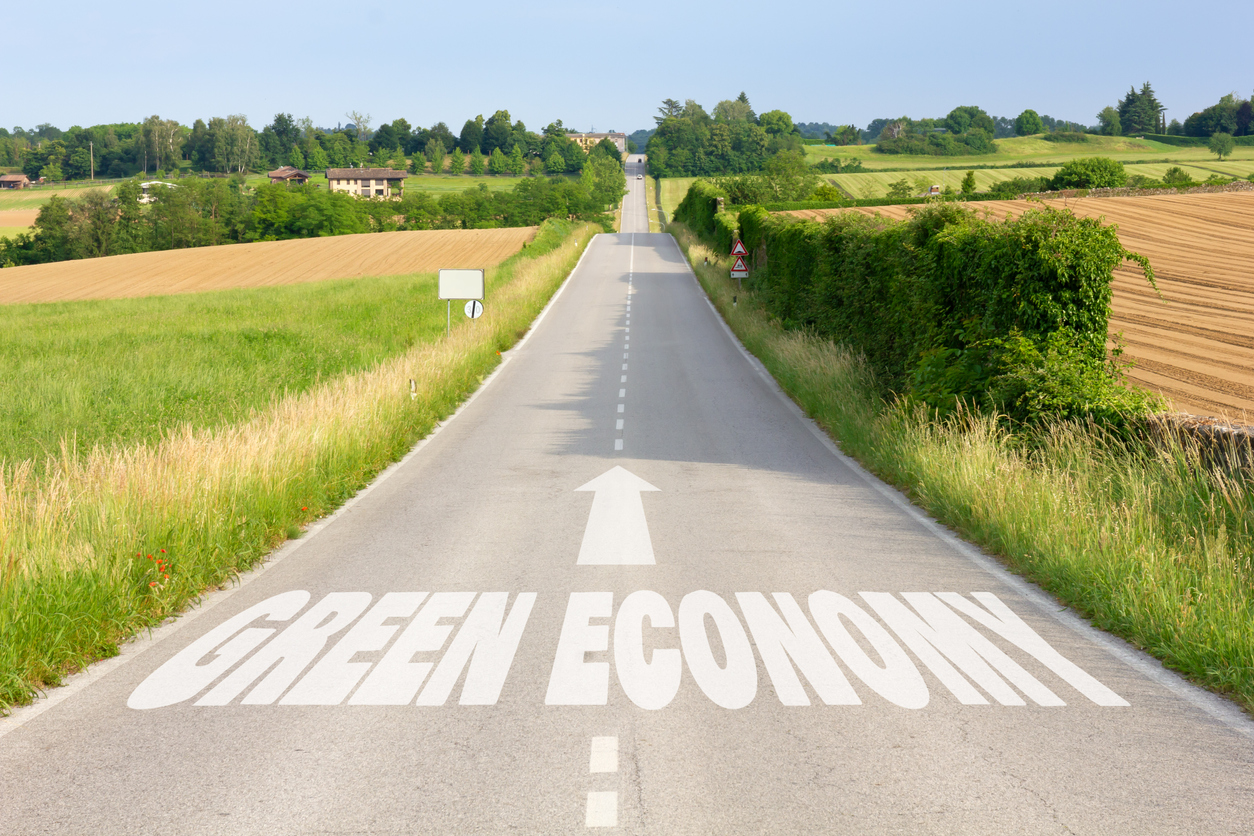
April 26, 2022
India’s non-fossil energy capacity is projected to reach 500GW by 2030, stated Niti Aayog member VK Saraswat.
This will also help India achieve half of its energy requirements by further facilitating in reduction of carbon footprint approximately by 45%.
He also emphasised that deep decarbonisation can be achieved by acquiring a broad-based systems approach and requires clean energy carriers.
Some alternative fuels that help in reducing emissions include BioCNG, ethanol, methanol.

India’s non-fossil energy capacity is projected to reach 500GW by 2030 stated Niti Aayog member VK Saraswat while addressing the Norway-India Business Summit 2022 organised by CII in collaboration with the Embassy of Norway. This will also help India achieve half of its energy requirements by further facilitating a reduction of carbon footprint approximately by 45%.
He also emphasised that deep decarbonisation can be achieved by acquiring a broad-based systems approach across clean energy carriers such as hydrogen, methanol, and renewables.
Some alternative fuels that help in reducing emissions include BioCNG, ethanol, and methanol. It is also predicted that in the future, green hydrogen will also enable the reduction of carbon emissions by 40%.